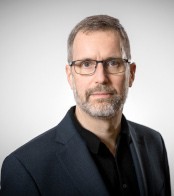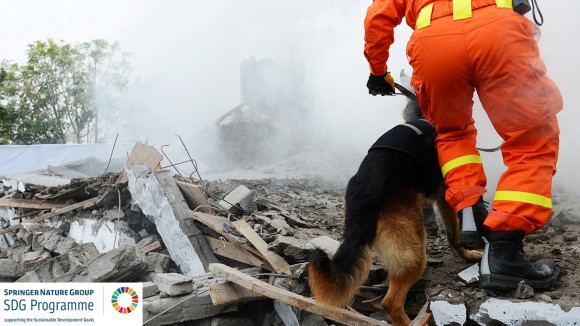 Tina Comes, PhD, TU Delft, The Netherlands
Tina Comes, PhD, TU Delft, The Netherlands
Tina Comes is Full Professor in Decision Theory & ICT for Resilience at the Technical University of Delft. She is a member of the Norwegian Academy for Technological Sciences and the Academia Europaea. She serves as the Scientific Director of the 4TU.Centre for Resilience Engineering and she advised the European Commission on its strategic crisis management. Prof. Comes has been an Editorial Board member for Scientific Reports since 2021.
 Erick Mas, PhD, Associate Professor, International Research Institute of Disaster Science, Tohoku University
Erick Mas, PhD, Associate Professor, International Research Institute of Disaster Science, Tohoku University
Erick Mas is an Associate Professor at the International Research Institute of Disaster Science (IRIDeS) and has been appointed to the Tough Cyberphysical AI Research Center, the Co-Creation Center for Disaster Resilience, and the Core Research Cluster of Disaster Science at Tohoku University. He is a Technical Advisor to the RTi-cast; a technology firm to offer real-time tsunami inundation damage forecast services to government organizations and commercial clients. His research activities include agent-based modeling, tsunami risk reduction, evacuation simulation, and geoinformatics for disaster science. Dr. Mas has been an Editorial Board Member for Scientific Reports since 2023.
 Markus Ries, M.D., Ph.D., M.H.Sc., M.A., FCP, Pediatric Neurology and Metabolic Medicine, Center for Pediatrics and Adolescent Medicine, Faculty of Medicine, Heidelberg University, Heidelberg, Germany
Markus Ries, M.D., Ph.D., M.H.Sc., M.A., FCP, Pediatric Neurology and Metabolic Medicine, Center for Pediatrics and Adolescent Medicine, Faculty of Medicine, Heidelberg University, Heidelberg, Germany
Markus Ries, M.D., Ph.D., M.H.Sc., M.A., FCP is a board-certified pediatrician and physician-scientist at Heidelberg University Hospital and Fellow at the Marsilius-Kolleg, the Institute for Advanced Study of Heidelberg University, Germany. As lieutenant colonel he coordinated the medical civil-military disaster relief efforts during the COVID-19 pandemic response in the Heidelberg region between 2020 and 2022. His research interests include disaster resilience. Prof. Ries has been an Editorial Board Member for Scientific Reports since 2023.
Image credit: © Marsilius-Kolleg University Heidelberg | Photographer: Tobias Schwerdt

